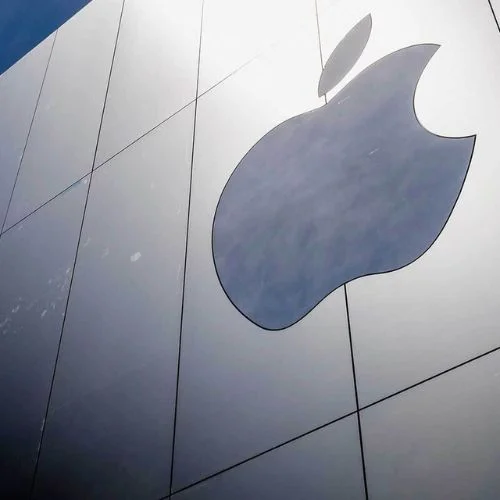In a thorough denial, Adani Group said that Hindenburg’s report was “nothing short of a calculated securities fraud.”
Following a damning short seller’s report that claimed the business was surreptitiously manipulating its share prices by utilizing offshore entities, US regulators are investigating the claims Adani Group made to its American investors.
According to a source with knowledge of the inquiry, institutional investors with sizable stakes in the India conglomerate have received inquiries from the US Attorney’s Office in Brooklyn, New York, recently. The requests for information, according to the individual who begged to remain unnamed since the investigation is secret, were concentrated on what the Adani group informed those investors. According to two additional persons, the Securities and Exchange Commission is also conducting a related investigation.
Since law enforcement organizations frequently launch investigations that don’t result in action, requests for information from US prosecutors don’t always indicate that criminal or civil procedures will be brought.
As a result of research by short-seller Hindenburg Research alleging the Adani Group, one of the largest conglomerates in India, of ongoing stock manipulation and accounting fraud, US regulators are now paying close attention to the company. The billionaire Gautam Adani-led business is already under investigation by Indian regulators.
As Indian Prime Minister Narendra Modi was being greeted at the White House by President Joe Biden, news of the probes broke. Both Adani and Modi are from Gujarat, and the businessman’s explosive rise to power is reminiscent of Modi’s own political ascent to India’s top elected position.
A representative for the Adani group, located in Ahmedabad, India, said the company was not aware of any subpoenas to investors.
The representative stated, “Our different issuer groups continue to be confident that the disclosures are comprehensive and complete as provided in the relevant issuer offering circulars. The group has refuted the allegations made by the short seller.
SEC and US Attorney’s Office for the Eastern District of New York spokespeople both declined to comment.
The problems for the Adani group started when Hindenburg on January 24 published a report accusing the conglomerate of inflating share prices and financial performance by exploiting a network of offshore firms in tax havens. The group, according to the investigation, violated shareholding and transparency requirements.
In a thorough denial, Adani Group said that Hindenburg’s report was “nothing short of a calculated securities fraud.” Nevertheless, a sharp share price decrease that followed reduced the market value of the total assets of the ten publicly traded companies owned by the Adani group by as much as $153 billion at one time.
Some investors hastily sold their holdings. In the weeks after the study, JPMorgan Chase & Co removed Adani Group equities from its ESG funds. BlackRock Inc. and other institutional money managers, such as
Other institutional money managers, such as Deutsche Bank AG’s fund management division and BlackRock Inc., remained put. GQG Partners LLC invested nearly $2.5 billion in five Adani Group equities in the months after the report.
As previously reported by Bloomberg, Adani Group met with Pacific Investment Management Company, BlackRock, and Blackstone Inc. in March to discuss a proposal to market privately issued bonds for some of its subsidiaries.















